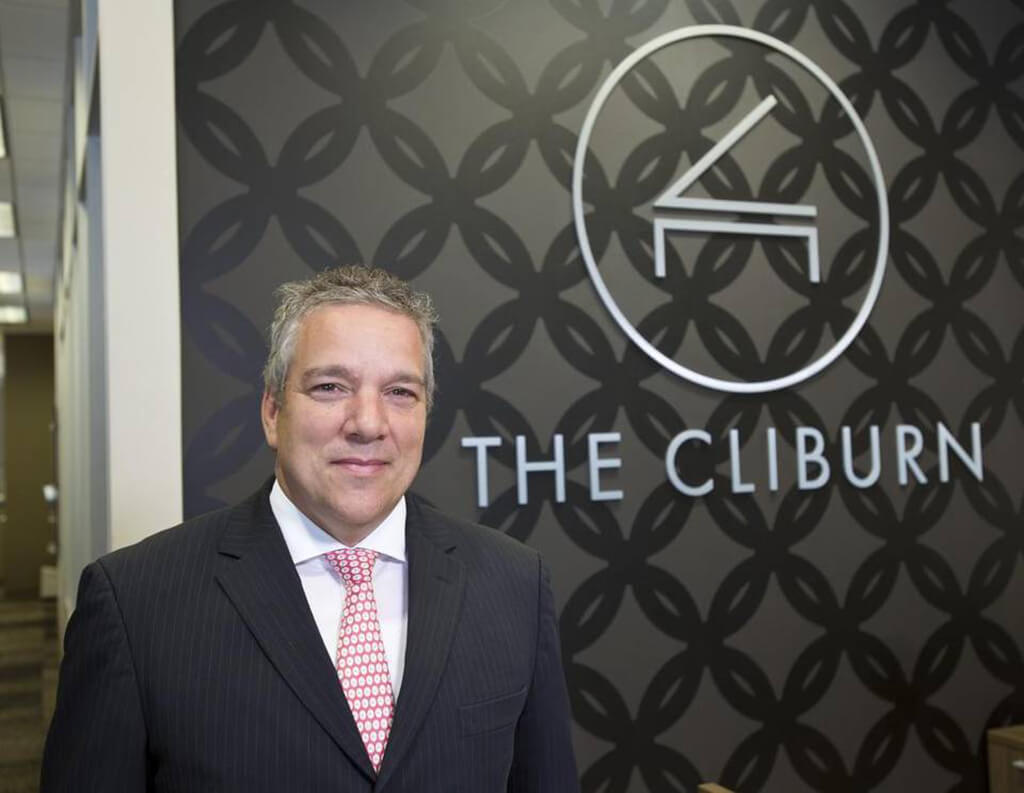
The 15th Van Cliburn International Piano Competition begins tomorrow, running from May 25 to June 10 in Fort Worth, Texas, where celebrated American pianist Van Cliburn called home.
There are two Canadian competitors among the 15 nations represented: 20-year-old Tristan Teo from Vancouver, and 18-year-old Tony Yike Yang from Toronto. Algerian-Canadian Mehdi Ghazi withdrew from the competition before the preliminary round and was replaced by Nikita Abrosimov of Russia. Montreal’s Marc-André Hamelin will sit on the jury panel; additionally, his composition Toccata on “L’homme armé” is this year’s imposed piece at the Cliburn Competition. Over the preliminary, quarterfinal and semifinal rounds, the starting field of 30 pianists will be whittled down through solo presentations; the filtration continues through collaborative performances with the Brentano String Quartet and the Fort Worth Symphony Orchestra in the semifinal and final rounds. The six finalists will be vying for the gold medal and the Van Cliburn Cup, in addition to $50,000 in prize money plus an extensive career development package.
Musical Toronto got up to speed with Cliburn CEO and president Jacques Marquis for an inside look at key changes to the 2017 edition. His energy had him talking a mile a minute – by all indications, the transition into the American competition circuit has been a smooth one for the Montreal native, who had previously headed the Montreal International Music Competition. Since accepting the leadership role at the iconic competition four years ago, he has ushered in change at many levels: “The scope at the Cliburn is so big, and it’s fun to manage. […] There are a lot of things that were already there, and I just built on these solid foundations.” Among the administrative tweaks Marquis made was to the judges’ scoring system, which he simplified to a yes-no voting process. “As a CEO and as a leader, you have to believe in everything you do because you have to sell it to the jury members, to the public, to the candidates.”
Marquis thrives on change to amplify his vision for the Cliburn. He made two key alterations which will be on full display this year: working from the core, he modified the layout of the competition rounds; for the Competition’s continued impact in successive years, Marquis expanded its public outreach and marketing strategies. Looking at the new competition structure, the preliminary round has been halved to one presentation, and Marquis added a Mozart concerto requirement in the semifinal round to easily sniff out musicality: “Before choosing the finalist, I wanted them to play with the orchestra… I think Mozart is very telling.”
If a pianist advances all the way to the Competition finals, they will have amassed approximately four hours of stage time. Awaiting the top finishers is a bounty of career development agencies: “The Cliburn is launching careers; that’s our main mandate. In the next three years, we have 300 engagements for these young winners: we have a new contract with an agency in London, and we have a new contract with Universal Music. If you win the Cliburn, you’re going to work in the next three years and you’re going to [make] a lot of money. But we have to make sure it’s happening and happening well for them. Winning the Cliburn is the first step, getting to the career is the second one. […] with orchestra, with chamber music, with recitals; you have to be ready with your program and you have to be very high on stamina.”
Turning to their follower base, Marquis has mapped out a four-part global blueprint: this year, international audiences can stream the Cliburn on Medici.tv; national audiences can watch the Competition in over 300 movie theatres across America; regionally, the Competition has actively spread the word about its Cliburn Festival comprising master classes, piano lunches, piano concerts geared to children, and other events for the DFW [Dallas-Fort Worth] population; and locals can tune into the outdoor Cliburn simulcast across from the concert hall. For Marquis, the Cliburn’s sustainability runs hand in hand with public outreach: “You have to think long term and develop your public, then you build for the next cycle, every day. Not everyone is a piano fan or a piano freak – we’re doing so many activities that can relate to different [crowds], and you prepare that in advance!”
Under Marquis’s directorship, it’s clear that the Cliburn is not content to rest on its laurels: “If we want to be the Cliburn and be one of the top – if not the top – competitions, we have to show the way.” For now, it’s over to the young pianists at the competition.
Musical Toronto will be at the Cliburn semifinals and finals. Stay tuned for updates.
#LUDWIGVAN
Want more updates on Toronto-centric classical music news and reviews before anyone else finds out? Follow us on Facebook or Twitter for all the latest.
- LISZTS | 10 Reasons To Miss A Performance - April 24, 2019
- INTERVIEW | Nico Muhly: Opera’s Renaissance Man - November 8, 2018
- INTERVIEW | How An Iranian Musician Has Created A Revolution In Persian Classical Music - October 7, 2018
- LISZTS | 10 Reasons To Miss A Performance - April 24, 2019
- INTERVIEW | Nico Muhly: Opera’s Renaissance Man - November 8, 2018
- INTERVIEW | How An Iranian Musician Has Created A Revolution In Persian Classical Music - October 7, 2018



